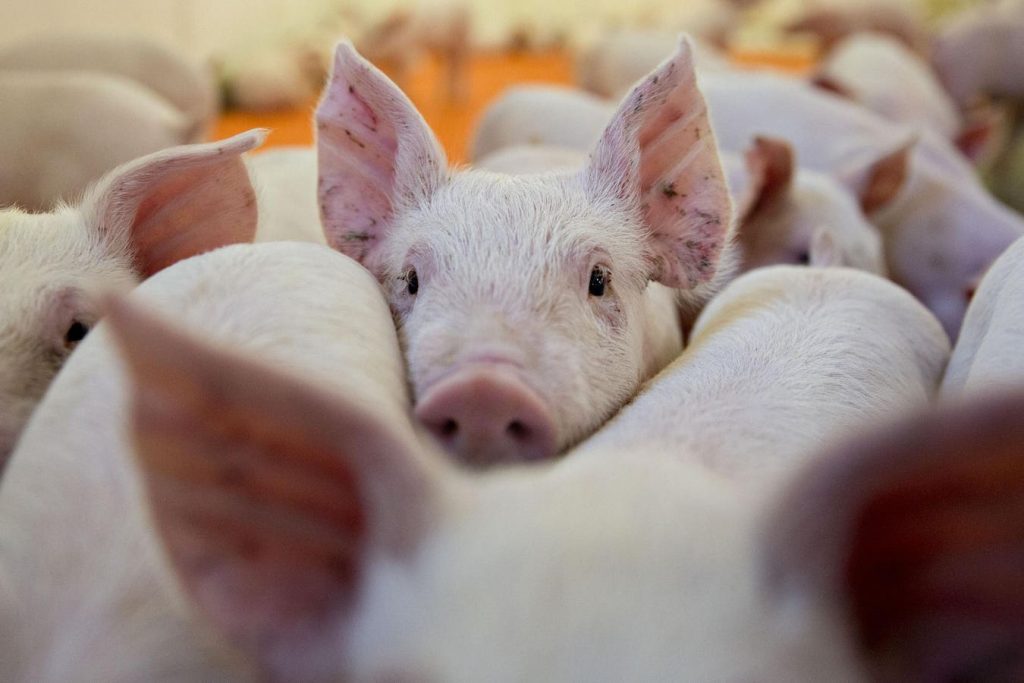Animal welfare organization Animal Partisan has obtained disturbing images from an enormous slaughterhouse in Iowa, showing severe abuse of pigs with bright red welts, bruises, and deep gashes. Iowa’s shift towards industrial agriculture has led to numerous animal welfare violations, but ag-gag laws make it difficult to conduct undercover investigations of such facilities. Livestock animals in Iowa are excluded from general animal cruelty laws, allowing for loopholes that exempt prosecution if done at the behest of a farm or consistent with common agricultural practices.
One notable incident at the Swift Pork plant in Ottumwa involved a pig entering a scalding tank while still conscious, causing unimaginable pain and terror. Despite numerous violations, enforcement actions have been limited, and the plant continues to operate without significant changes. FSIS inspectors have documented thousands of pigs with evidence of abuse and inhumane handling, leading to a staggering waste of public resources.
Swift Pork has disciplined some staff members, but has also shifted blame to other companies for the abuses. The issues point to a systematic problem at the plant, with concerns about inhumane handling practices that have not been adequately addressed by FSIS. Federal authorities have been passing the responsibility to state and local authorities, leading to a lack of effective enforcement actions to protect animals.
There are ways to resist industrial agriculture and demand better oversight of animal farming in Iowa. More humane alternatives, such as farmers raising pigs for Niman Ranch, are growing quickly and provide better lives for animals while keeping money in local communities. Individual changes, including reducing meat consumption and supporting higher-welfare farming, can make a significant impact in building a more humane food system.
Campaigning against factory farms, demanding better oversight, and joining forces with climate activists can help bring about meaningful change in Iowa’s agriculture industry. The shocking conditions faced by pigs in industrial facilities highlight the need for collective action to end animal cruelty and promote more ethical practices in farming. By working together, concerned individuals can make a difference in protecting animals and advocating for a more sustainable and humane food system.


